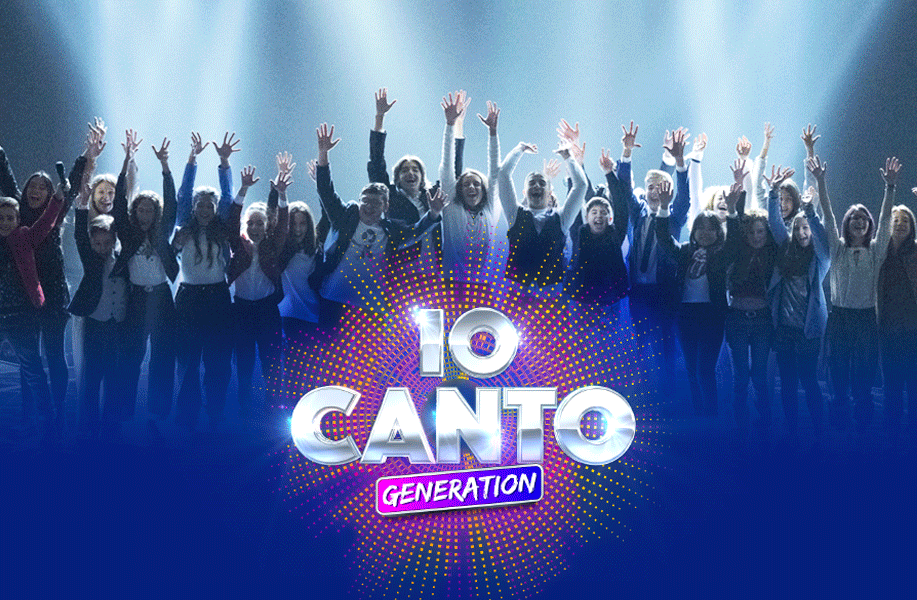At MIPLondon, on Tuesday, February 25, 2025, Virginia Mouseler led a presentation about Japan, one of the main protagonist of this maret. She pointed out that Japan is the Land of the rising IPs. Known for its unique approach, Japan seldom adopts foreign IPs—only a few formats from South Korea were adapted this year. Yet, the country exports both non-scripted and scripted formats on a massive scale. Japan, it seems, has a love affair with IPs, particularly when it comes to remaking Japanese content for local markets.
Mouseler revealed that Japan ranks as the number six country for exporting non-scripted formats, adapting and launching a variety of titles globally. In the past year, several Japanese formats have gained significant traction abroad, cementing Japan's place as a powerhouse in the international format industry.
Among the standout non-scripted formats, Dragon's Den is a massively successful format that has been running for 24 years, continues to thrive. Its latest adaptations were made in Pakistan, with Lithuania lined up next. Another notable format is Old Enough, originating in 1991, which has been adapted in countries like Canada and Mongolia. The Ranking the Stars (2004) and Trick House (2021) also rank high in global adaptations, illustrating Japan's knack for creating formats that cross borders. 100 from Empire of Arcadia and Red Carpet Survival have also made their debut abroad, with 100 becoming a major hit in Korea, and Red Carpet Survival launching in Italy.
In Japan's scripted programming, a remarkable 63% of new Japanese fiction is based on existing IPs, significantly higher than the 35% seen globally. Among these adaptations, manga leads the charge, making up 42% of the IPs used for Japanese fiction, followed by novel IPs (16%) and webtoon IPs (3%).
The presentation also highlighted several innovative formats that have captivated both Japanese and international audiences. Among the most entertaining were classic Japanese game shows like Electric Chair Game, a tense competition where one of 12 chairs is electrified, and Funny Face Spy, where a team of spies must avoid facial recognition cameras. Other formats, such as Doorbusters, a memory-based challenge where contestants must avoid falling into water by choosing the correct doors, showcase the playful and unpredictable nature of Japanese television.
When it comes to scripted series, Japan continues to impress with inventive and diverse storytelling. For example, Tokyo Salad Bowl from NHK blends crime-solving and cross-cultural dynamics as two policemen investigate the mysterious cases involving foreign nationals in Tokyo. Based on a manga, it is a prime example of Japan's continued reliance on IP-based storytelling.
Other notable scripted series include The Top Secret, a thrilling sci-fi mystery involving memory-reading technology, and I Kill which combines fantasy with samurai-era drama. There’s also 119 Emergency Call and Private Banker, titles that further demonstrates the depth of Japanese drama.


_12601.png)










